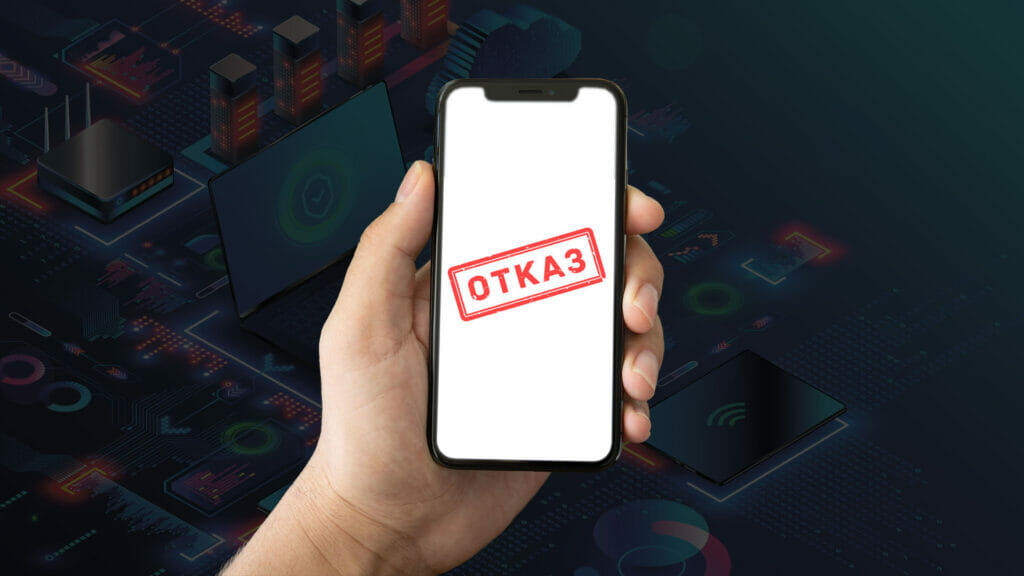Kazakhstani banks refuse to accept payments from Russian entities if electronics are involved

Kazakhstani banks have started to block payments for servers, microchips, processors, telecommunication equipment and other electronics from Russian entities, according to Kommersant.
As a result, Russian suppliers are looking for alternative payment methods. They are also trying to hide sensitive components under unmatched commodity codes. It is expected that the new practice will cause a deficit of electronics in Russia within half a year.
As Kommersant reported, Kazakhstani banks are probably worrying about a new package of U.S. sanctions that may be targeted at banks cooperating with Russia. These new restrictions can be effectively applied against providing money, goods and services to any sanctioned individual or from such a person. Another source of the outlet edition said that all payments from Russia have been checked «by hand.»
In order to bypass this barrier, Russian companies will probably try to use alternative commodity codes to import components they need to produce computers, servers, data storage systems and other devices. Commodity codes are a necessary element for the cross-border movement of goods within the Eurasian Economic Union.
Georgy Vlastopulo from Optimalog, a Russian logistic company, also confirmed that Kazakhstani banks have tightened control over transactions with sanctioned goods like electronics.
«We can’t buy components, spare parts and computers from the country of origin directly. This is impossible. Now, we have many more obstacles in the process of exporting goods via third-party countries. As a result, we will see a deficit of sanctioned goods in six months,» he said.
In addition to Kazakhstani banks, financial institutions from Armenia and Hong Kong are also applying this practice.
Russian businesses reported a 10% to 12% electronics price surge because of the added barriers that Kazakhstan has put in the way of these products to Russia. Russian distributors are trying to boost re-export via China, Kyrgyzstan and the UAE, but this adds more cost on each item they import. They won’t be able to stick to this scheme financially if Kazakhstan decides to ban the transit of such goods completely.
In April 2023, Kazakhstan deployed a special system to monitor goods imported to Russia. In an interview with Al Jazeera, Deputy Foreign Minister of Kazakhstan Roman Vassilenko said that Kazakhstan «would not allow anyone to use its territory to breach anti-Russian sanctions.»
Also in April, EU Sanctions Envoy David O’Sullivan said that the EU won’t introduce sanctions against Kazakhstan for economic cooperation with Russia.
According to Madina Abylkassymova, head of the Agency on Regulation and Development of the Financial Market, Kazakhstan is doing everything needed to avoid secondary sanctions.
Russia unleashed a full-scale war against Ukraine on February 24, 2022. At the time, Vladimir Putin recognized the so-called Donetsk People’s Republic and Luhansk People’s Republic as independent states. He also declared that Russia wants to denazify and demilitarize Ukraine. By now, tens of thousands of people have already died as a result of the war.

